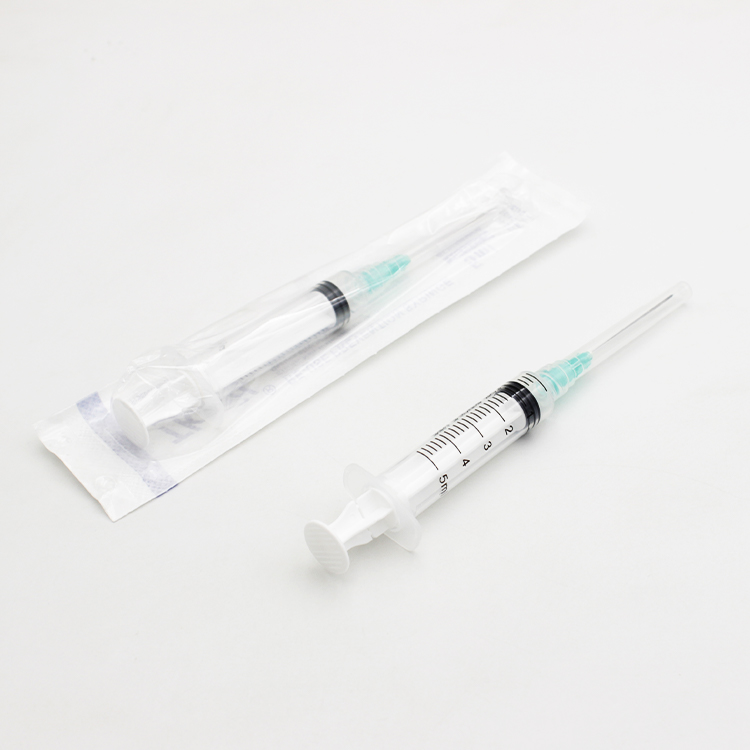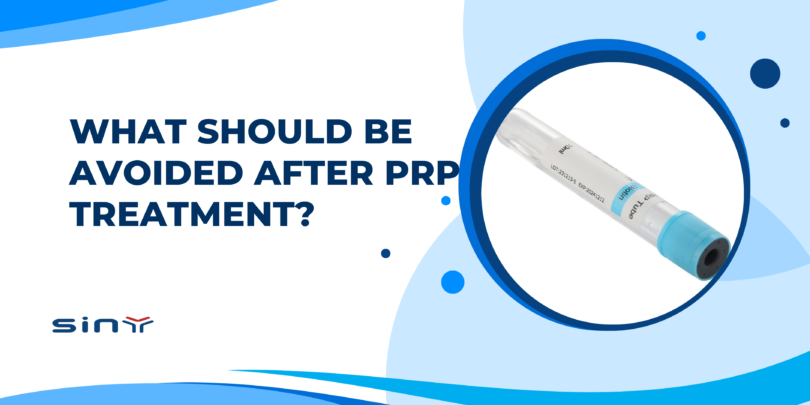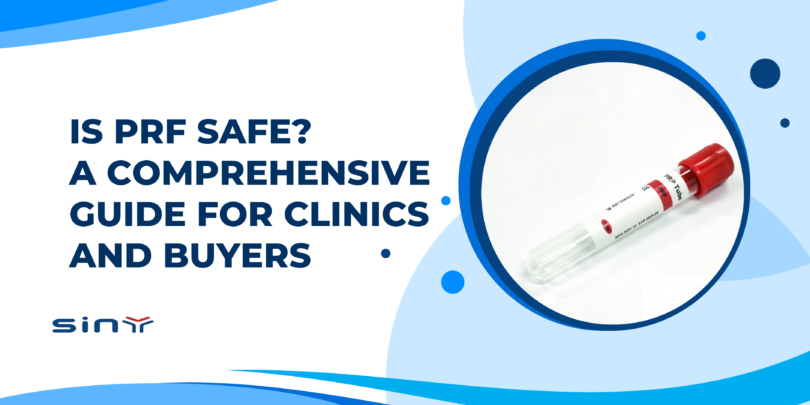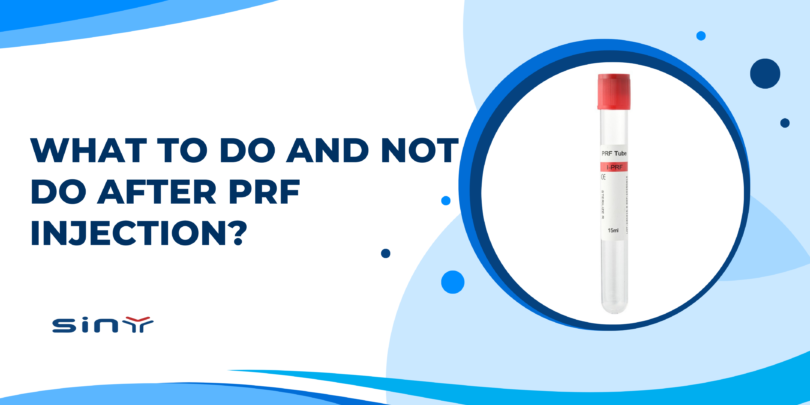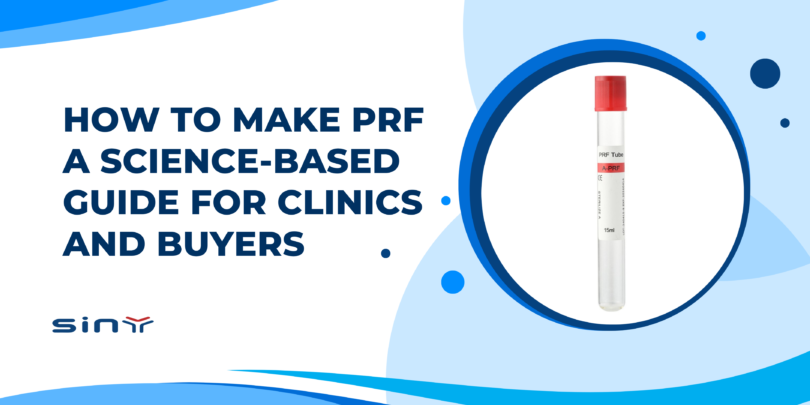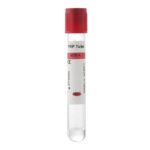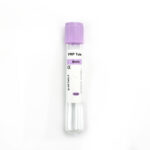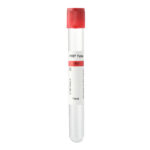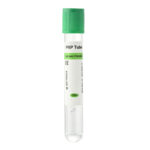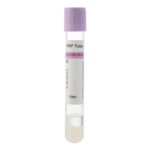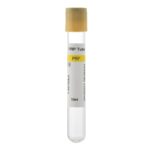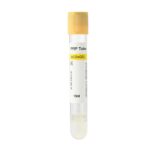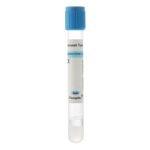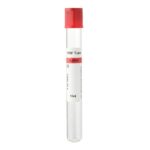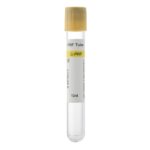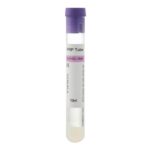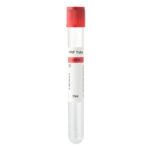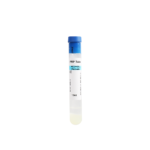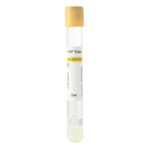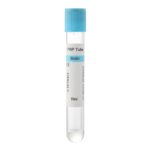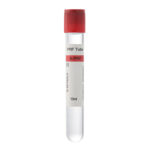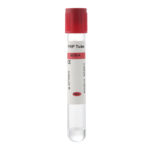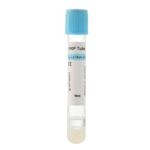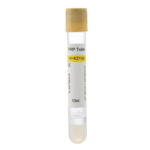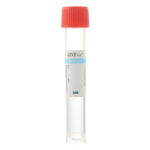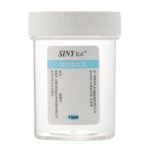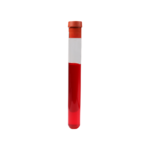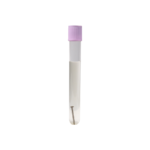Disposable medical syringes are essential tools in modern healthcare. Healthcare providers widely use syringes in a variety of medical procedures, including drug injection, vaccination, blood collection, and nutrient delivery. The disposable design of these syringes significantly reduces the risk of cross-contamination, ensuring both patient and healthcare worker safety. This article offers a detailed overview of the main types of disposable medical syringes, their uses, and key considerations when choosing the right syringe.
Types of Disposable Medical Syringe
Disposable syringes come in a range of types, classified based on needle design, capacity, and intended use.
Needle Type
- Standard Syringes: Healthcare providers equip these syringes with standard needles, making them suitable for most drug injections, including vaccines and intramuscular or subcutaneous injections.
- Needle-free Syringes: Needle-free syringes use high-pressure airflow to deliver medication directly beneath the skin, eliminating the need for a needle. This design is especially useful for patients who require frequent injections, such as those with diabetes.
- Safety Syringes: Manufacturers design safety syringes with automatic needle retraction or protective covers to reduce the risk of needlestick injuries. These syringes are ideal for environments where healthcare workers may be at high risk of exposure to infectious diseases.
By Syringe Capacity
- Small Capacity Syringes (1ml – 3ml): These syringes are designed for small-dose injections, such as insulin injections or subcutaneous shots. They provide precise dosage control.
- Medium Capacity Syringes (5ml – 10ml): Medium-capacity syringes are commonly used in routine medical treatments for intravenous or intramuscular injections of moderate-dose medications.
- Large Capacity Syringes (20ml and above): Large-capacity syringes are designed for high-volume fluid infusion or extraction, such as intravenous drips or wound irrigation. They can deliver a substantial amount of fluid at once.
By Intended Use
- Insulin Syringes: Insulin syringes are specifically designed for diabetic patients. They feature fine needles and precise measurement markings, allowing for accurate insulin dosing. These syringes ensure comfort and ease for patients who need to inject frequently.
- Blood Collection Syringes: Blood collection syringes are used to safely and efficiently collect blood samples. These syringes are often paired with vacuum blood collection tubes and are essential for diagnostic laboratories and medical testing.
- Infusion Syringes: Infusion syringes deliver fluids, medications, or nutrients over a period of time, especially in intensive care settings or for patients who require ongoing treatment.
Main Uses of Disposable Medical Syringe
Disposable syringes are used in a variety of medical scenarios, each designed to serve specific needs.
Drug Injection
The most common use of disposable syringes is for administering medications. Whether it’s antibiotics, pain relievers, or hormones, syringes ensure that the correct dosage is delivered directly into the body. This method of drug administration ensures that the medication is effective and safe.
Vaccination
Vaccination is another primary application for disposable syringes. With the global focus on immunization, especially during pandemics, disposable syringes help reduce the risk of infection and improve the efficiency of vaccination campaigns.
Blood Collection
Disposable syringes designed for blood collection, often with vacuum tubes, allow healthcare providers to collect blood samples quickly and safely. These syringes ensure that blood samples remain uncontaminated and suitable for analysis.
Fluid Infusion and Nutrient Delivery
In critical care, surgical recovery, or long-term treatment, syringes are often used to administer fluids or nutrients to patients who cannot ingest them orally. These syringes allow healthcare workers to deliver essential fluids and medications efficiently.
Cosmetic and Skin Care Procedures
In cosmetic medicine, healthcare providers use syringes for procedures like dermal filler injections (e.g., hyaluronic acid) and botulinum toxin treatments. These syringes are designed to be precise and comfortable for patients undergoing aesthetic treatments.
Advantages of Disposable Medical Syringe
Prevention of Cross-Contamination
The single-use nature of disposable syringes significantly reduces the risk of cross-contamination between patients, ensuring safer healthcare practices.
Convenient and Efficient
Disposable syringes are easy to use and eliminate the need for cleaning or sterilizing after each use. This convenience is especially important in time-sensitive situations, as it allows healthcare providers to focus on patient care.
Precision and Accuracy
Manufacturers design disposable syringes with precision in mind. carefully calibrate each syringe, whether it’s a small-dose insulin syringe or a large-capacity infusion syringe, to deliver the exact dosage required.
Environmentally Friendly Materials
Manufacturers make many modern disposable syringes from recyclable materials, which align with medical waste management protocols. Healthcare providers can dispose of these syringes safely without harming the environment.
Choosing the Right Disposable Syringe
When selecting a disposable syringe, it is crucial to consider the specific medical needs of the patient and the procedure. Here are some key considerations:
- Drug Injection: Choose a syringe based on the required dose and injection site. A small-capacity syringe is ideal for precise subcutaneous injections, while medium-capacity syringes are suitable for intravenous injections.
- Insulin Injections: Opt for a syringe with fine needles and precise measurements to ensure accurate insulin delivery.
- Vaccination: Healthcare providers use butterfly needles in a variety of medical scenarios, from routine blood draws to more specialized injections.
- Special Applications: For blood collection, choose syringes that are compatible with vacuum blood collection tubes. For infusion or nutrient delivery, select syringes that can handle large volumes of fluid.
Conclusion
Disposable medical syringes play a vital role in ensuring the safety, efficiency, and precision of modern medical procedures. From administering medications to collecting blood samples, these syringes are indispensable tools in healthcare. By selecting the correct type of syringe for specific medical needs, healthcare professionals can enhance patient care and minimize risk. For high-quality disposable syringes that meet international safety and performance standards, feel free to contact us. We offer a wide range of syringes to meet your medical requirements.

